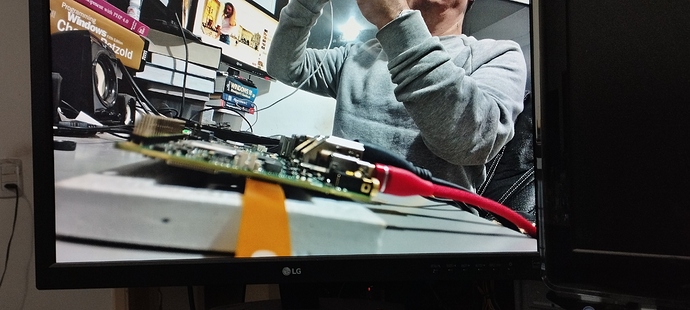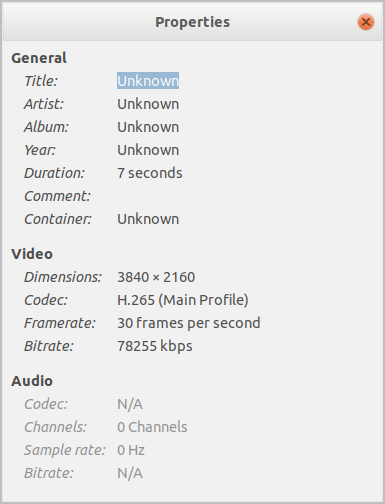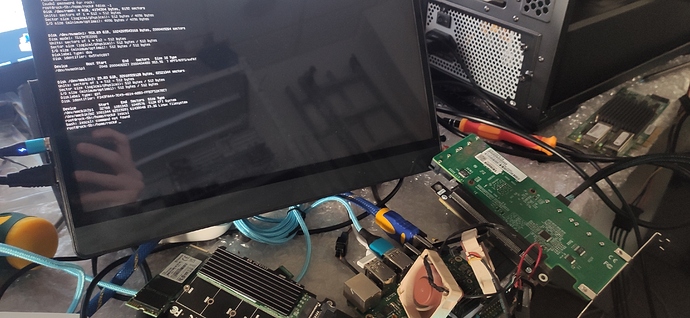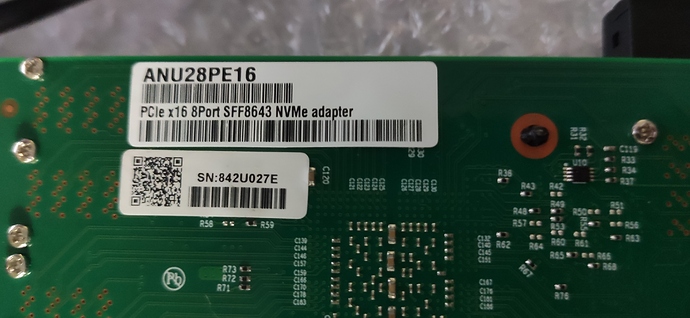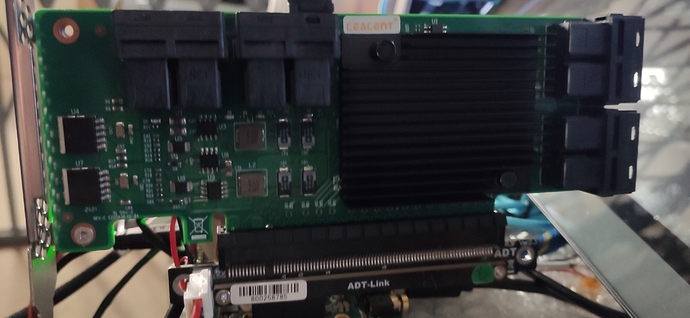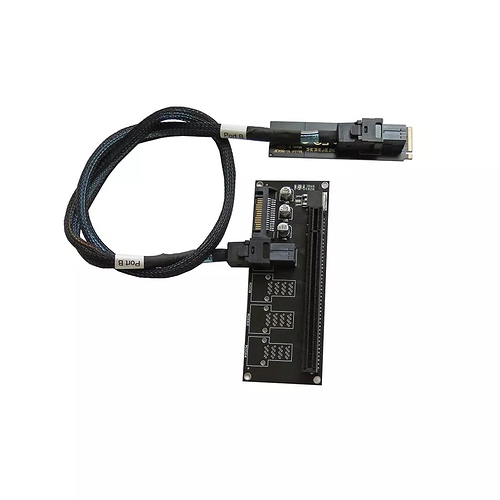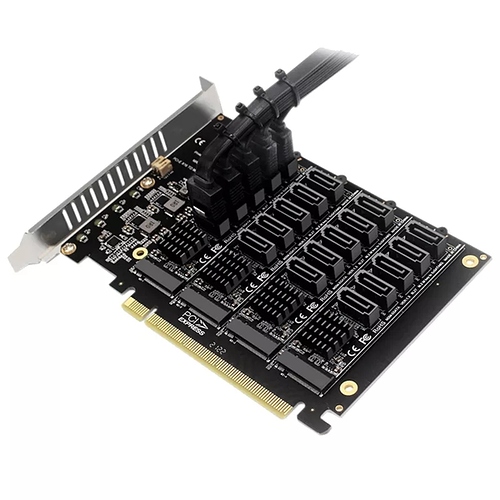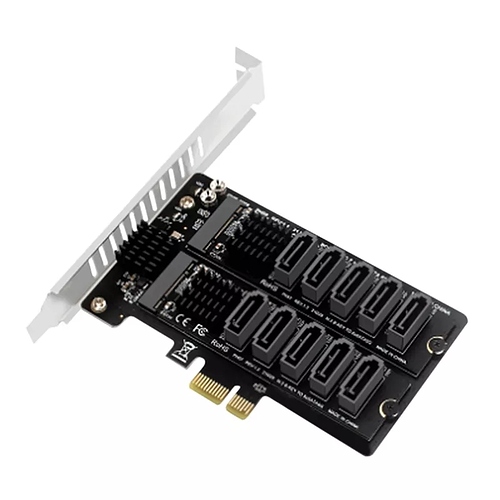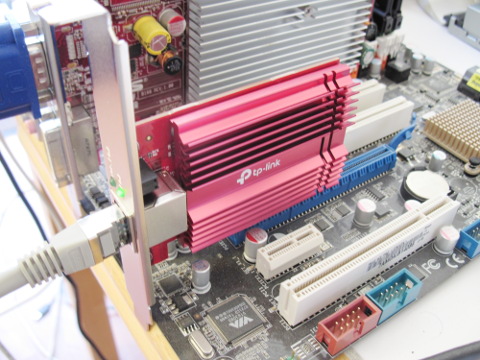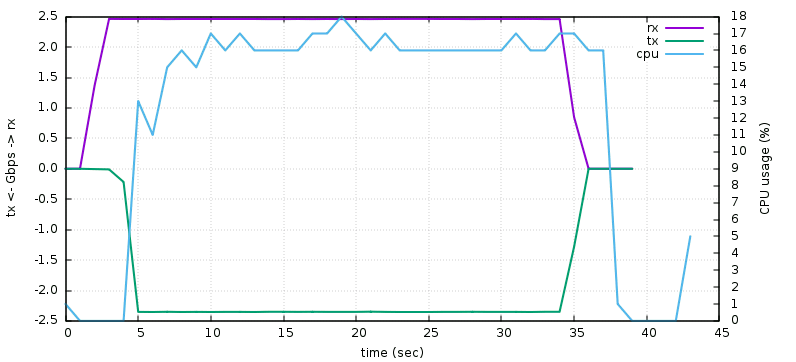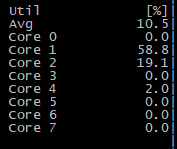Update from my side, decoding is working with ffplay, i tested the following files:
bbb_sunflower_1080p_30fps_normal.mp4
jellyfish-20-mbps-hd-hevc-10bit.mkv
jellyfish-120-mbps-4k-uhd-h264.mkv
jellyfish-20-mbps-hd-hevc.mkv
jellyfish-20-mbps-hd-h264.mkv
OPS, i realized ffplay is using software decoding:
PID USER PR NI VIRT RES SHR S %CPU %MEM TIME+ COMMAND
5823 rock 20 0 1861860 200304 63700 S 195.0 1.2 0:43.55 ffplay
Encoding with gstreamer also works, but encoding h264 from a camera stream (3840x2160) results in 5 fps (playback on my old intel box).
H264:
gst-launch-1.0 v4l2src device=/dev/video11 io-mode=dmabuf ! 'video/x-raw,format=NV12,width=3840,height=2160,framerate=30/1' ! mpph264enc ! filesink location=test_3840x2160_30fps_h264.mp4
H265:
gst-launch-1.0 v4l2src device=/dev/video11 io-mode=dmabuf ! 'video/x-raw,format=NV12,width=3840,height=2160,framerate=30/1' ! mpph265enc ! filesink location=test_3840x2160_30fps_h265.mkv
For some reason, my intel box (ancient) displays it at 3 fps on 1080p. So maybe my intel box could not handle the 4k h264/h265 files properly.
Playing the h265 file in Rock5B with 1080p is just fine:
ffplay -i test_3840x2160_30fps_h265.mkv
ffplay version git-2022-05-25-73d7bc2 Copyright (c) 2003-2021 the FFmpeg developers
built with gcc 9 (Ubuntu 9.4.0-1ubuntu1~20.04.1)
configuration: --prefix=/usr --disable-libopenh264 --disable-vaapi --disable-vdpau --disable-decoder=h264_v4l2m2m --disable-decoder=vp8_v4l2m2m --disable-decoder=mpeg2_v4l2m2m --disable-decoder=mpeg4_v4l2m2m --disable-libxvid --disable-libx264 --disable-libx265 --enable-librga --enable-rkmpp --enable-nonfree --enable-gpl --enable-version3 --enable-libmp3lame --enable-libpulse --enable-libv4l2 --enable-libdrm --enable-libxml2 --enable-librtmp --enable-libfreetype --enable-openssl --enable-opengl --enable-libopus --enable-libvorbis --enable-shared --enable-decoder='aac,ac3,flac' --extra-cflags=-I/usr/src/linux-headers-5.10.66-rk3588/include
libavutil 57. 7.100 / 57. 7.100
libavcodec 59. 12.100 / 59. 12.100
libavformat 59. 8.100 / 59. 8.100
libavdevice 59. 0.101 / 59. 0.101
libavfilter 8. 16.100 / 8. 16.100
libswscale 6. 1.100 / 6. 1.100
libswresample 4. 0.100 / 4. 0.100
libpostproc 56. 0.100 / 56. 0.100
arm_release_ver of this libmali is 'g6p0-01eac0', rk_so_ver is '5'.
arm_release_ver of this libmali is 'g6p0-01eac0', rk_so_ver is '5'.
[hevc @ 0x7f94000c10] Stream #0: not enough frames to estimate rate; consider increasing probesize
Input #0, hevc, from 'test_3840x2160_30fps_h265.mkv':
Duration: N/A, bitrate: N/A
Stream #0:0: Video: hevc (Main), yuv420p(tv), 3840x2160, 30 fps, 30 tbr, 1200k tbn
nan M-V: nan fd= 9 aq= 0KB vq= 0KB sq= 0B f=0/0
